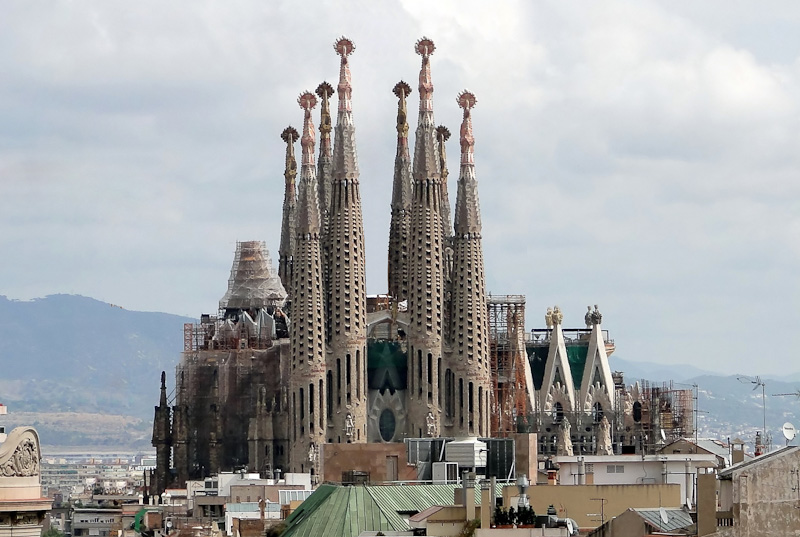
Easter Week, a time of deep religious and cultural significance in Spain, is experienced in a special way in each region of the country. Catalonia, known for its rich history, language, and unique traditions, offers a singular perspective on this festivity. In this article, we will explore how Easter Week is celebrated in Catalonia, highlighting the peculiarities that distinguish it from other Spanish regions.
Palm Sunday marks the beginning of Easter Week. In Catalonia, this festivity is characterized by the blessing of palms and branches, a rooted tradition symbolizing Jesus' triumphant entry into Jerusalem. Catalan families attend churches with elaborately decorated palms, many of which are true works of art. This day is lived with a mixture of solemnity and family celebration, anticipating the liturgical events to come.
Unlike other regions of Spain where processions are the central focus of Easter Week, in Catalonia, celebrations tend to be more introspective and focused on liturgical acts. However, there are notable exceptions, such as the "Procession of Silence" in some localities, where solemnity and contemplation invite spiritual reflection.
Catalan folklore also has its place during Easter Week. The Sardana, a typical dance of Catalonia, is performed in some public events, symbolizing unity and community. On the other hand, the "Passion Song," a musical representation narrating the passion and death of Jesus Christ, is a tradition kept alive in many towns, standing out for its emotional intensity and devotion.
Easter Week is also a time to enjoy typical Catalan cuisine. Dishes like "buñuelos de cuaresma" (Lenten fritters), "mona de Pascua" (Easter cake), and "escudella i carn d'olla" (meat and vegetable stew) are indispensable on Catalan tables during these dates. The "mona de Pascua," in particular, is a traditional sweet that godparents give to their godchildren on Easter Sunday, symbolizing the end of Lent and the celebration of new life.
Easter Week in Catalonia transcends purely religious aspects, becoming a moment of family reunion, reflection, and celebration of Catalan culture. The way this festivity is experienced reflects the diversity and cultural richness of Catalonia, showing how traditions adapt and acquire particular meanings in different contexts.
For those visiting Catalonia during Easter Week, this time offers a unique opportunity to get to know Catalan traditions up close. Visitors can experience everything from religious ceremonies to popular celebrations, including tasting typical cuisine. It's an excellent occasion to immerse oneself in the local culture and live memorable experiences.
Catalan Easter Week is a reflection of how tradition and modernity can coexist, offering an intimate look into the customs and spirit of this region. For residents and visitors alike, it represents an opportunity for spiritual, cultural, and family connection, framed within one of the most significant times in the liturgical calendar.
We hope this article has provided a detailed and enriching insight into Easter Week in Catalonia, inviting you to explore and experience firsthand the diversity of its traditions.
Find your farmhouse, country house, town house or rustic farm.